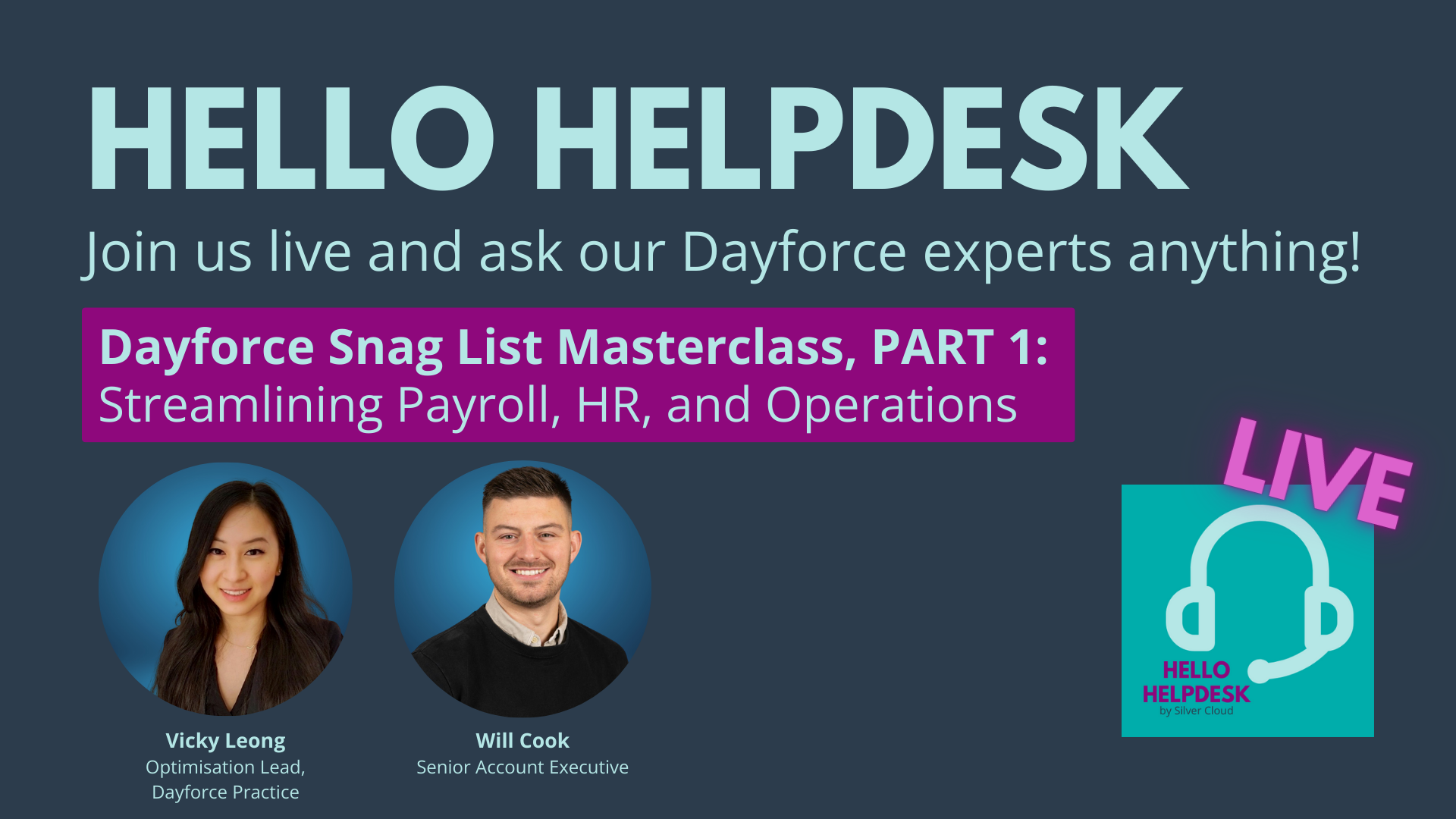Earned Wage Access (EWA): Everything you need to know
by SJ Hood
Earned wage access (EWA) is a payroll practice that has been increasingly trending over the last few years. Reminiscent of a salary advance, where an employee borrows from their employer against their regular pay, earned wage access is a more modern version of the concept.
But what exactly is earned wage access and how does it work? And, more importantly, is it right for your business? That’s what we’ll explore in this article:
What is Earned Wage Access (EWA)?
Earned wage access is a financial arrangement which gives employees the ability to access some of their earned wages before their normal payday. This is a service arranged through your place of work and their payroll provider. It’s not something you set up individually.
Other names for earned wage access
EWA can also be called Employer Salary Advance Schemes (ESAS), instant pay, earned income, accrued wage access or pay on-demand. All of these names fall under the category of earned wage access but may have slight variations in how you access it. Overall, however, they should be treated the same.
Get a copy of our Earned Wage Access provider comparison chart for 2024
The pros and cons of Earned Wage Access
Regardless of what you call it, it’s clear that EWA has started to rise in popularity. But is that a good thing or a bad thing? The truth is that it likely depends or your business itself, cashflow models and your employee culture. For some businesses, it’s an absolute boon. For others, it’s not as cut and dry. Here are the major ups and downs of implementing EWA in your business:
The pros:
- Improved employee retention
- Increased employee productivity
- Better employee financial health
- Better employee morale
- Increased employee engagement
The cons:
- Costs and fees
- Potential payroll complications
- Employee privacy concerns
- Risk of dependency and increased use
How does Earned Wage Access work?
EWA can work in different ways depending on both the platform or system you use and the country you live in. Much of it comes down to your financial regulating body which will differ depending on your location.
Earned Wage Access in the UK
In the UK, earned wage access doesn’t fall under the purview of the Financial Conduct Authority (FCA). However, with its apparent similarity to products like short term (or payday) loans, the FCA has released a statement about its perspective on EWA. It goes over important considerations from the FCA’s perspective and includes tips on de-risking the service.
Additionally, the UK’s Chartered Institute of Payroll Professionals (CIPP) has laid out a proposed code of practice for businesses to adhere to. More about that here:
The Earned Wage Access Code of Practice
The CIPP’s EWA Code of Practice was created with the intent of providing a common standard for firms that offer EWA as a service to deliver outcomes that are better for consumers. With over 10% of UK employers offering earned wage access to their teams, it’s important that there be a standard for good behaviour in place.
To be sure you’re working with an EWA provider who is working to a highly consumer-focused standard, try to find one who has committed to adhering to this code. Providers who adhere to the code are audited on an annual basis by an independent body to ensure standards are upheld.
Employer Salary Advance Schemes in the US
In the U.S., the regulation of Earned Wage Access is still developing and varies by state:
Federal Law: There is no specific federal law governing EWA. However, EWA programs must comply with existing federal laws such as the Truth in Lending Act (TILA) if they charge fees or interest, potentially classifying them as credit products. Some states have started to regulate EWA providers to ensure consumer protection. For example:
- California: In 2021, California passed Assembly Bill 539, which sets specific guidelines for EWA providers, including fee disclosures and restrictions on how often workers can access their wages.
- New York: New York has issued guidance suggesting that EWA products could be subject to state lending laws if they involve fees or if the employer doesn't directly provide the service.
- Industry Standards: The Consumer Financial Protection Bureau (CFPB) has provided some clarity through advisory opinions, stating that EWA products might not constitute credit if they are structured as non-recourse products (meaning there is no obligation to repay if wages are not earned). However, this depends on the product's structure.
On-demand pay across Europe
Providing a service equivalent to earned wage access is already is mandatory requirement in countries such as France, Spain, Italy and Portugal. Meanwhile the market is blossoming in a similar way to the UK in countries like Germany. While we won’t go into detail about each European country’s particular laws and regulations, know that the practice is already widely practiced and gaining traction.
How do I find an Earned Wage Access Provider?
Finding a trustworthy EWA provider doesn’t have to be too difficult. We have updated our annual Earned Wage Access provider comparison chart for 2024. This pulls together some of the top EWA providers, compares their services and gives you some additional context around global EWA adoption. Check it out:

Overall, Earned Wage Access is an interesting development in the world of payroll, enabling workers to access the wages they’ve earned as they earn them. It increases loyalty, boosts employee morale, increases productivity and can help employees build better financial health.



